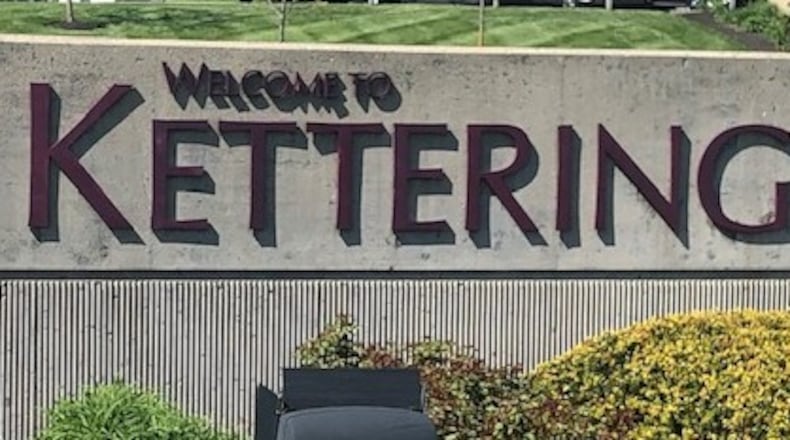The plan “provides a long-term framework outlining the city’s priorities for the coming years,” Kettering City Manager Matt Greeson said.
“The next step will be working (with various established groups) to develop specific implementation steps that over the next five years will help breathe life into this plan and help it impact our community,” he added.
The city’s new strategic plan, Spark Kettering, was approved by the city council Tuesday night. It is the result of a series of community feedback forums and hundreds of hours of work starting about a year ago, officials said.
“New challenges have arisen from economic changes and a shift in work habits following the pandemic,” the new plan states. “The city is also faced with the need to re-imagine community assets to continue to best serve Kettering.
“To ensure continued success as the city grows and evolves, it is important to address those challenges, optimize current assets, develop wisely and positively position the community for the future,” according to the 40-page document.
The new plan involved a community assessment that included a look at the city’s population diversity, housing stock and employment from 2010 to 2020.
The document shows a sharp rise in residents ages 55-64 while the most significant drops were in 45-54 and 18-24 age groups. In 2020, 33% of Kettering’s population was 55 or older while 22% were 18 or younger, according to the plan.
The city’s non-Caucasian population increased to 15% in 2020 with jumps of 67% in both black and Hispanic residents from 10 years earlier, the document states.
Renter-occupied housing units have also increased, as have the ages of Kettering’s residences, with the majority of them being built before 1980, according to the plan.
Aside from the job losses in the past four years, most Kettering residents work outside the city and the majority of those who work in the municipality commute from other jurisdictions, city records show.
The new plan was shaped by a steering committee of 30 and lists 60 others as outreach team members.
“I think a lot of communities wouldn’t have gone to that extent to do that. And that took a lot of time,” Spark Kettering co-chair Bill Lautar told the Dayton Daily News about the process.
“Members on the steering committee went out — block parties, you name it — we were out there. We brought people together for forums to solicit input,” said Lautar, a Kettering City School board of education member and a former city councilman.
About the Author

